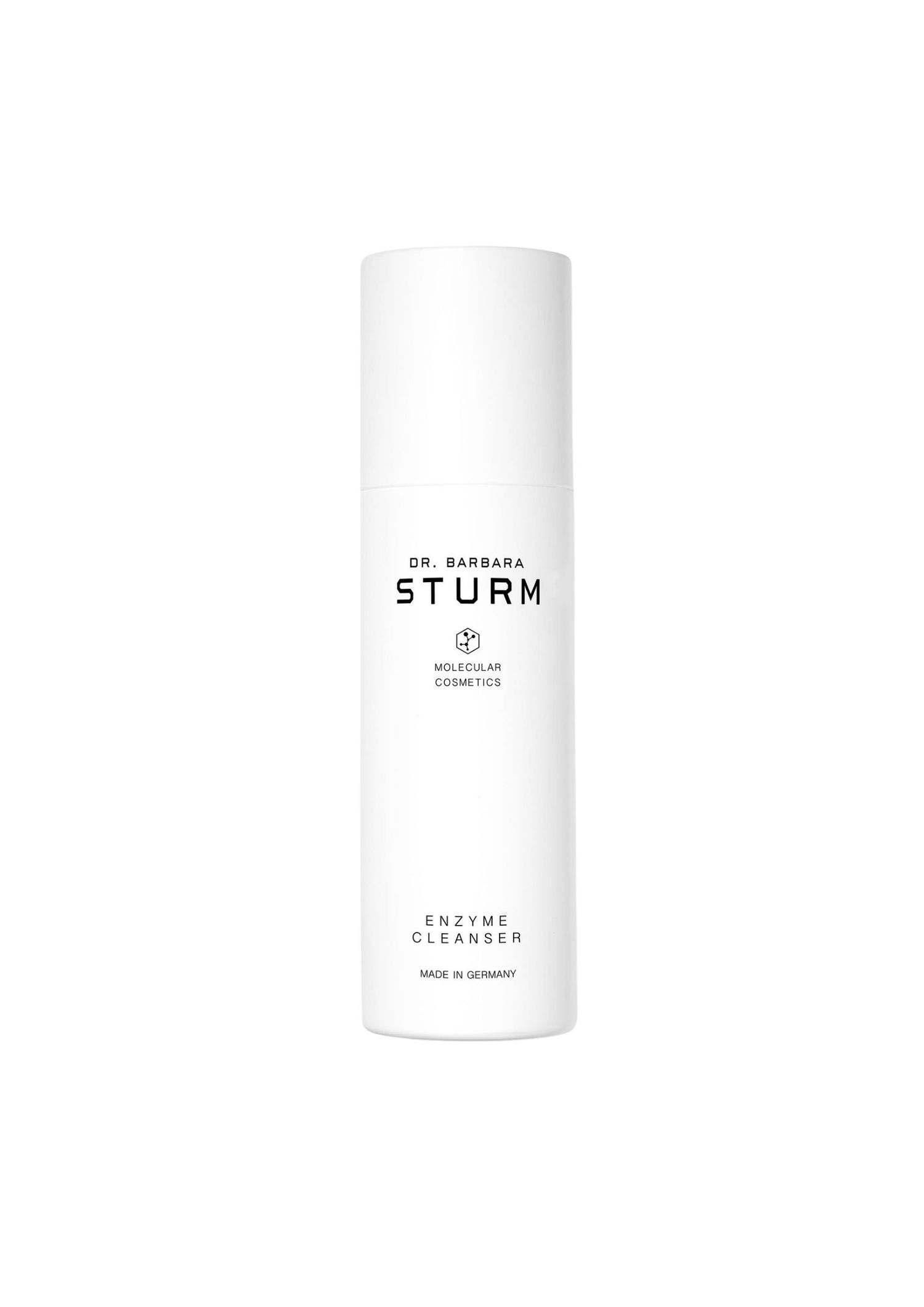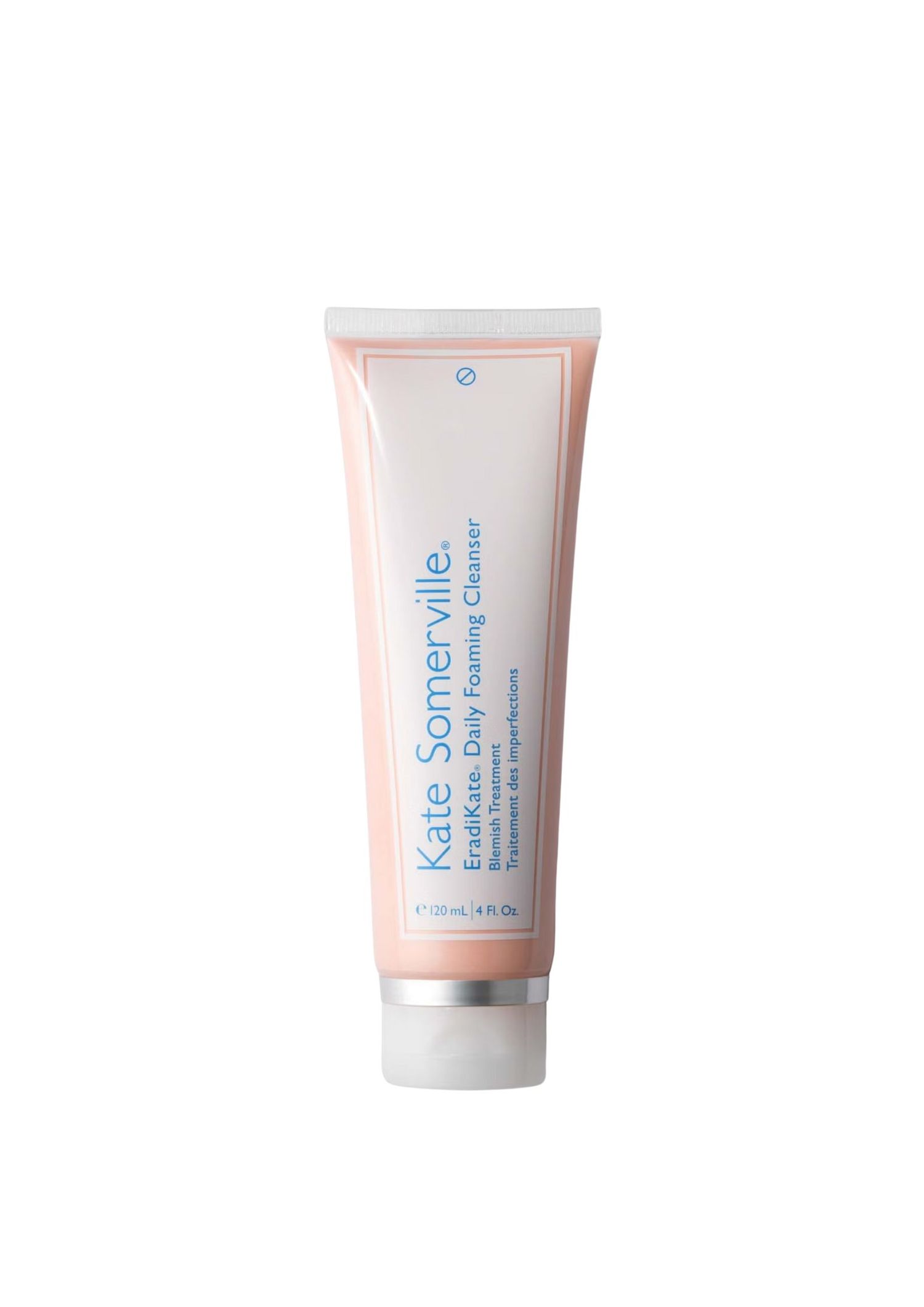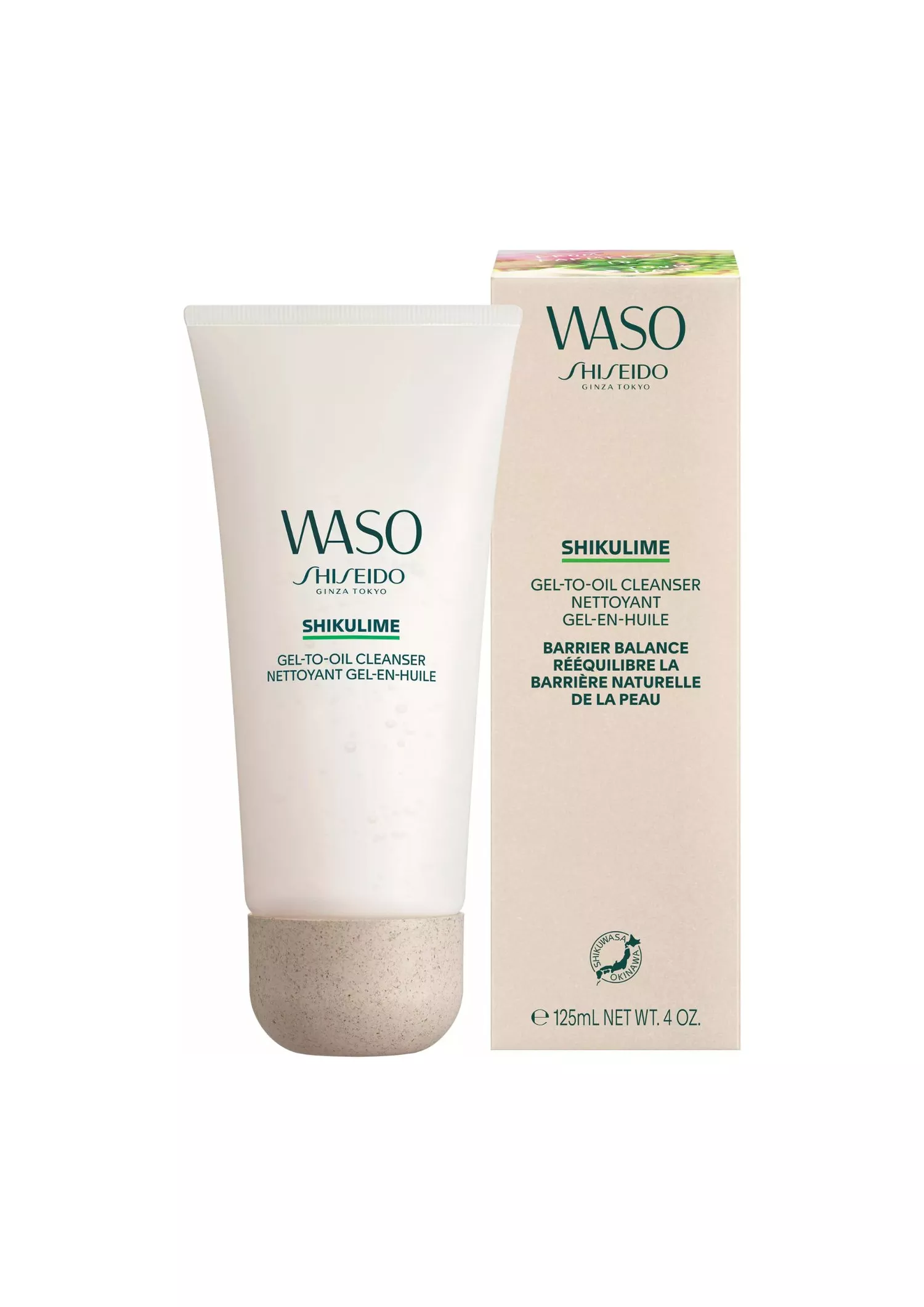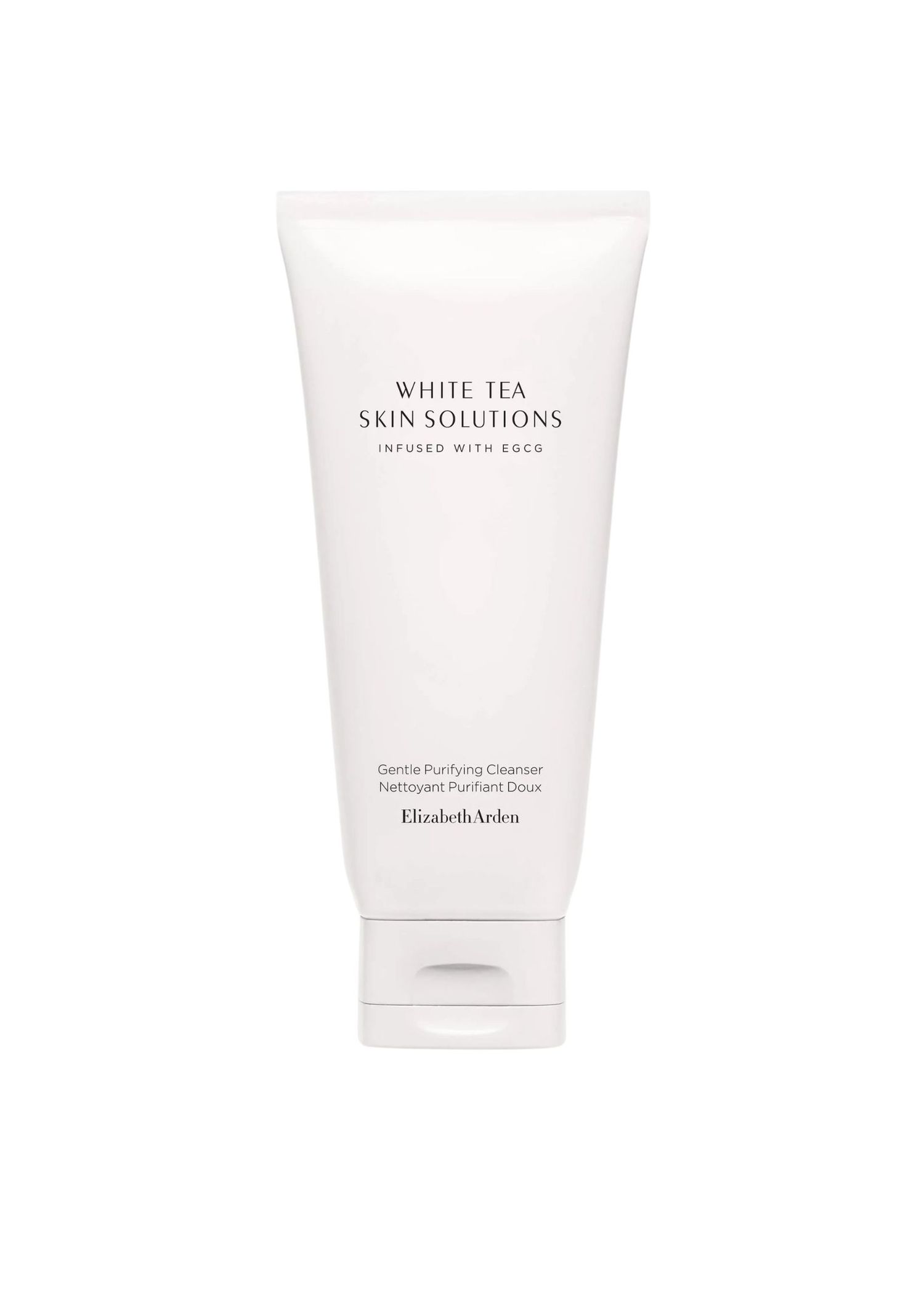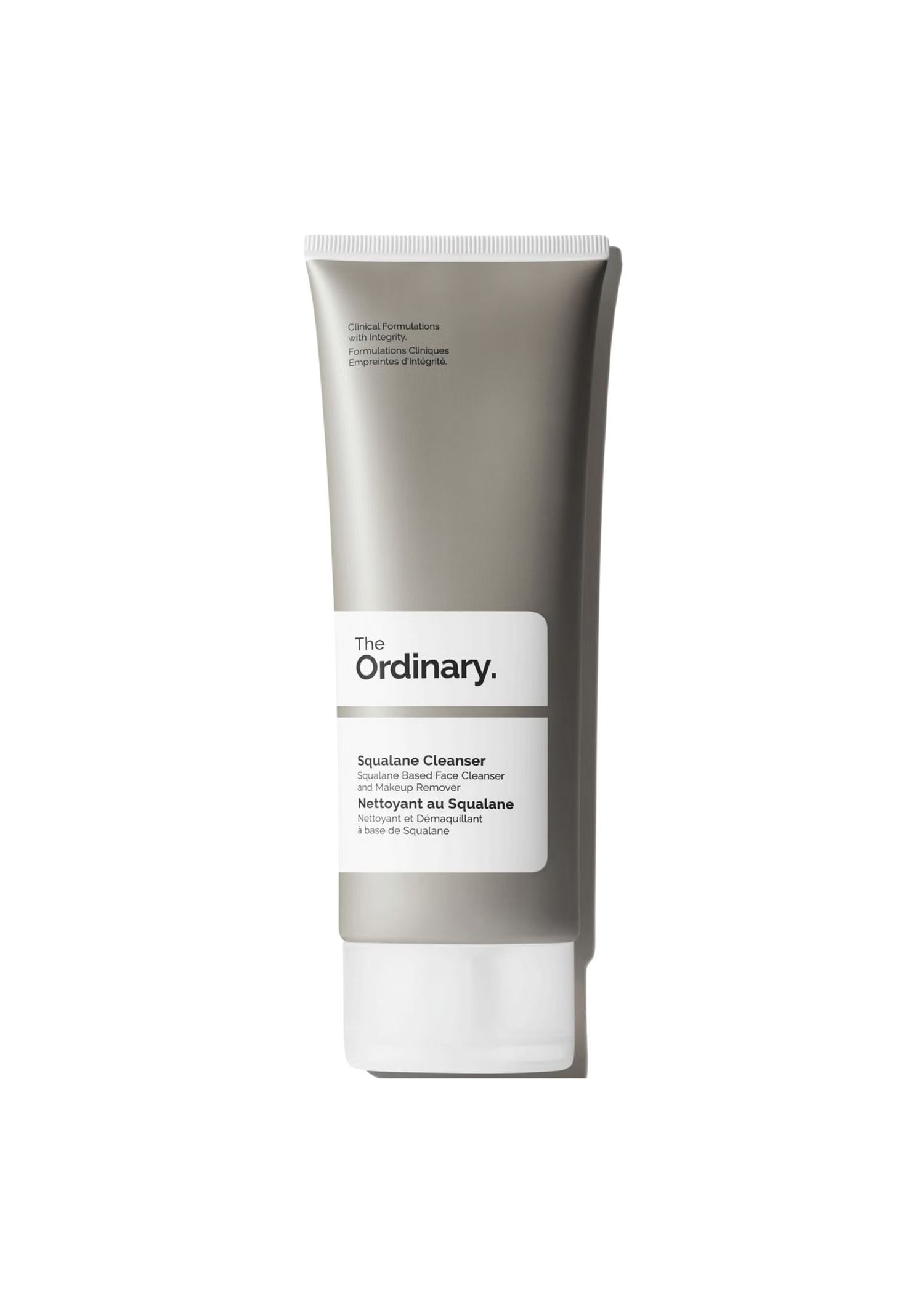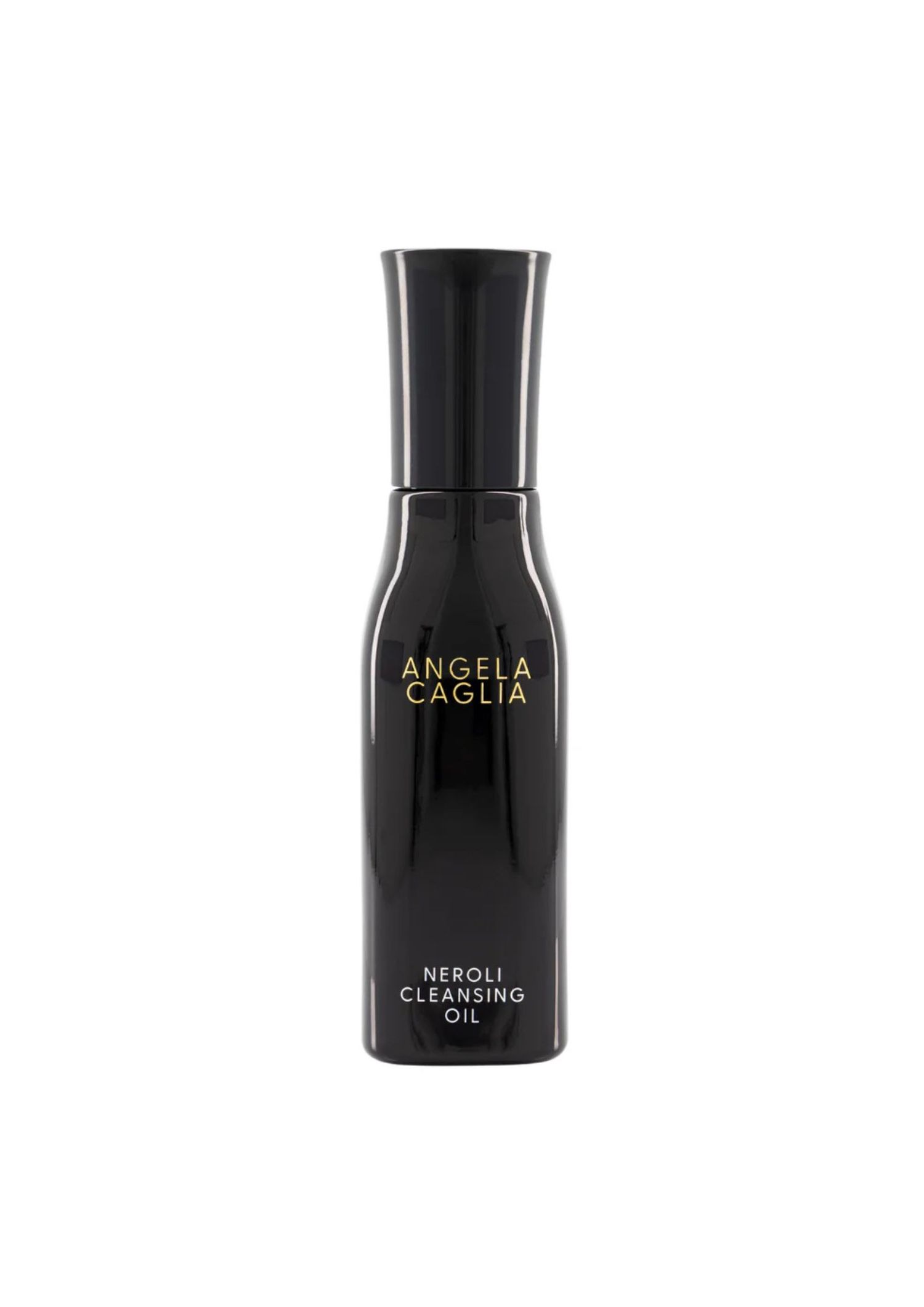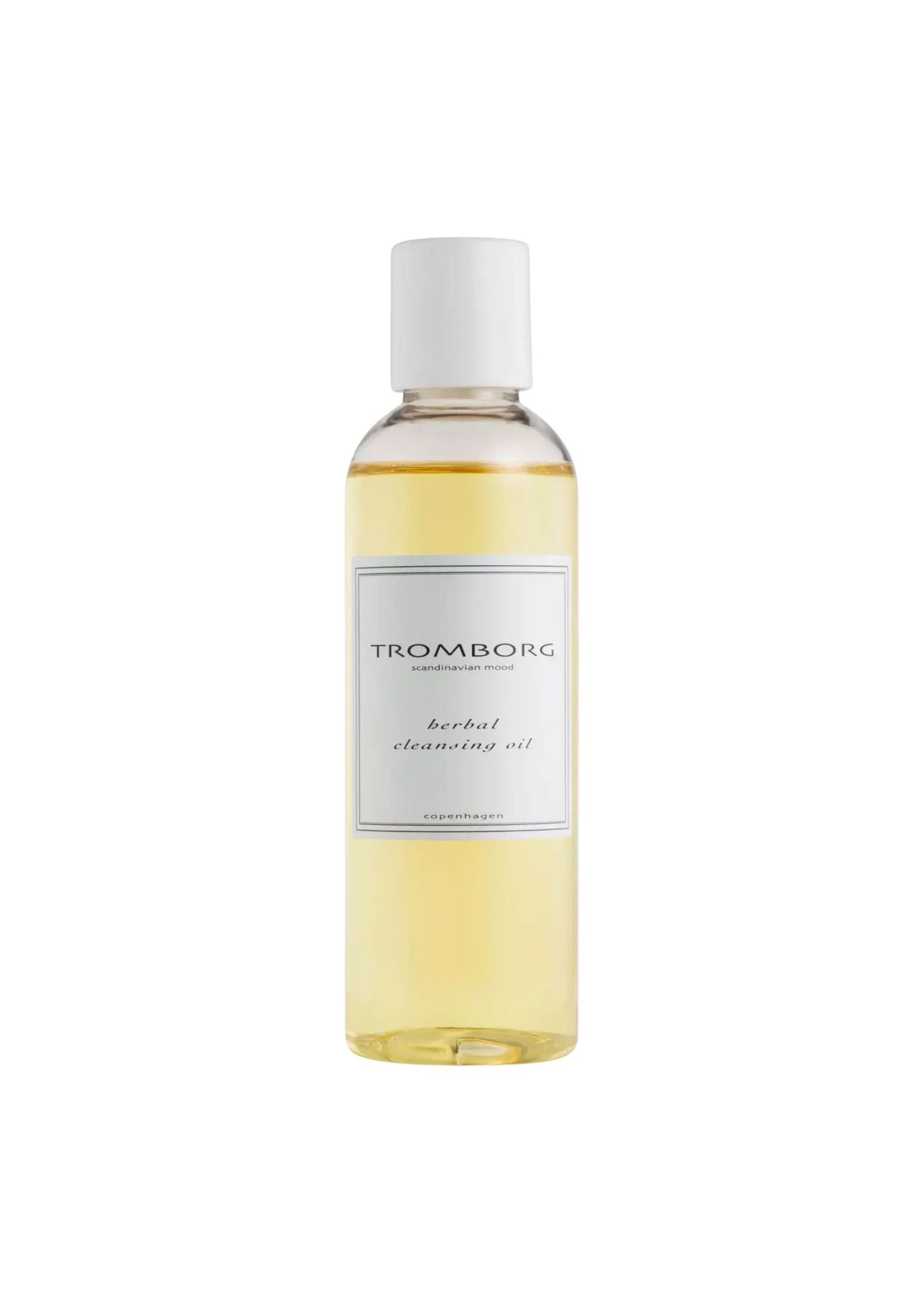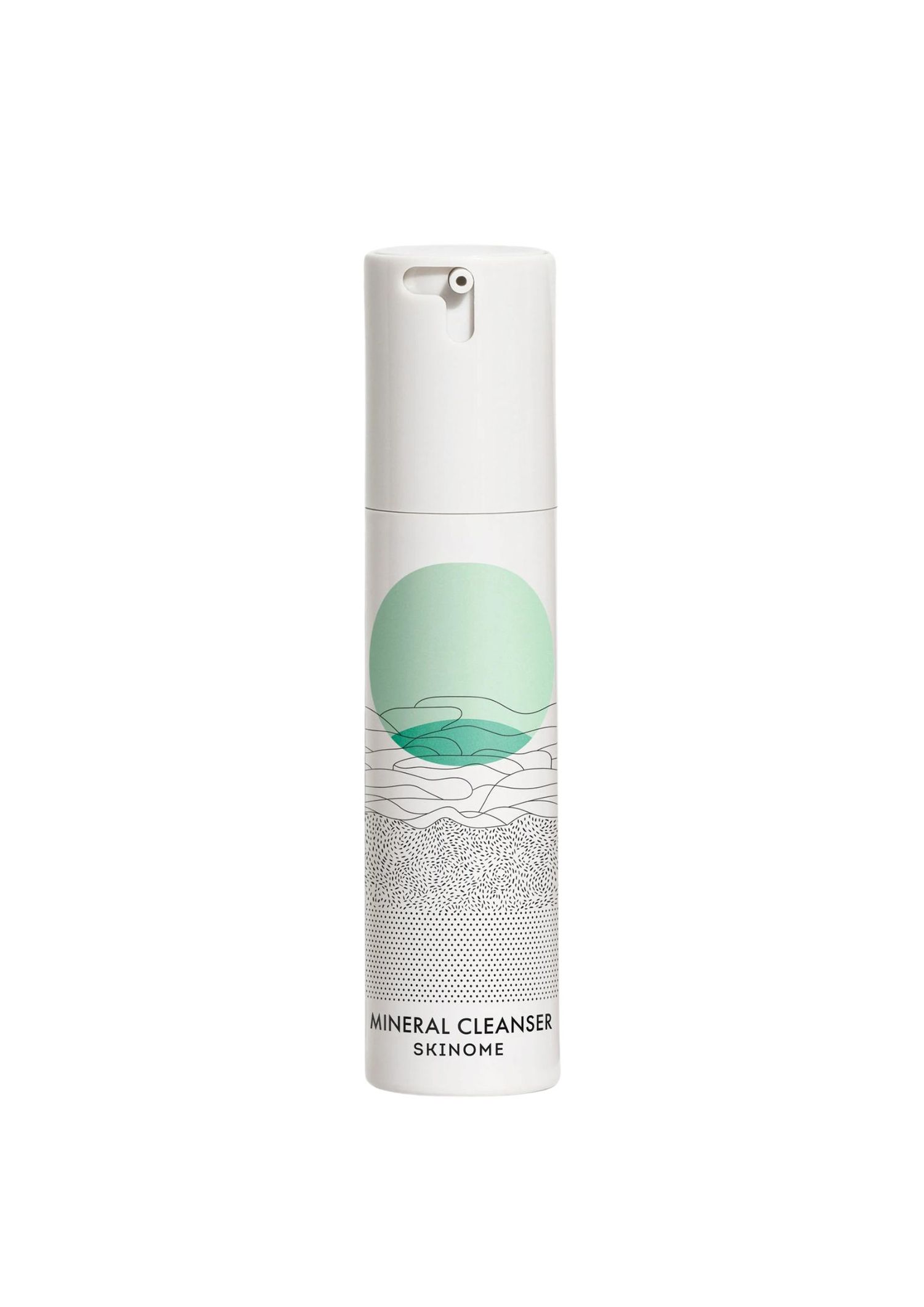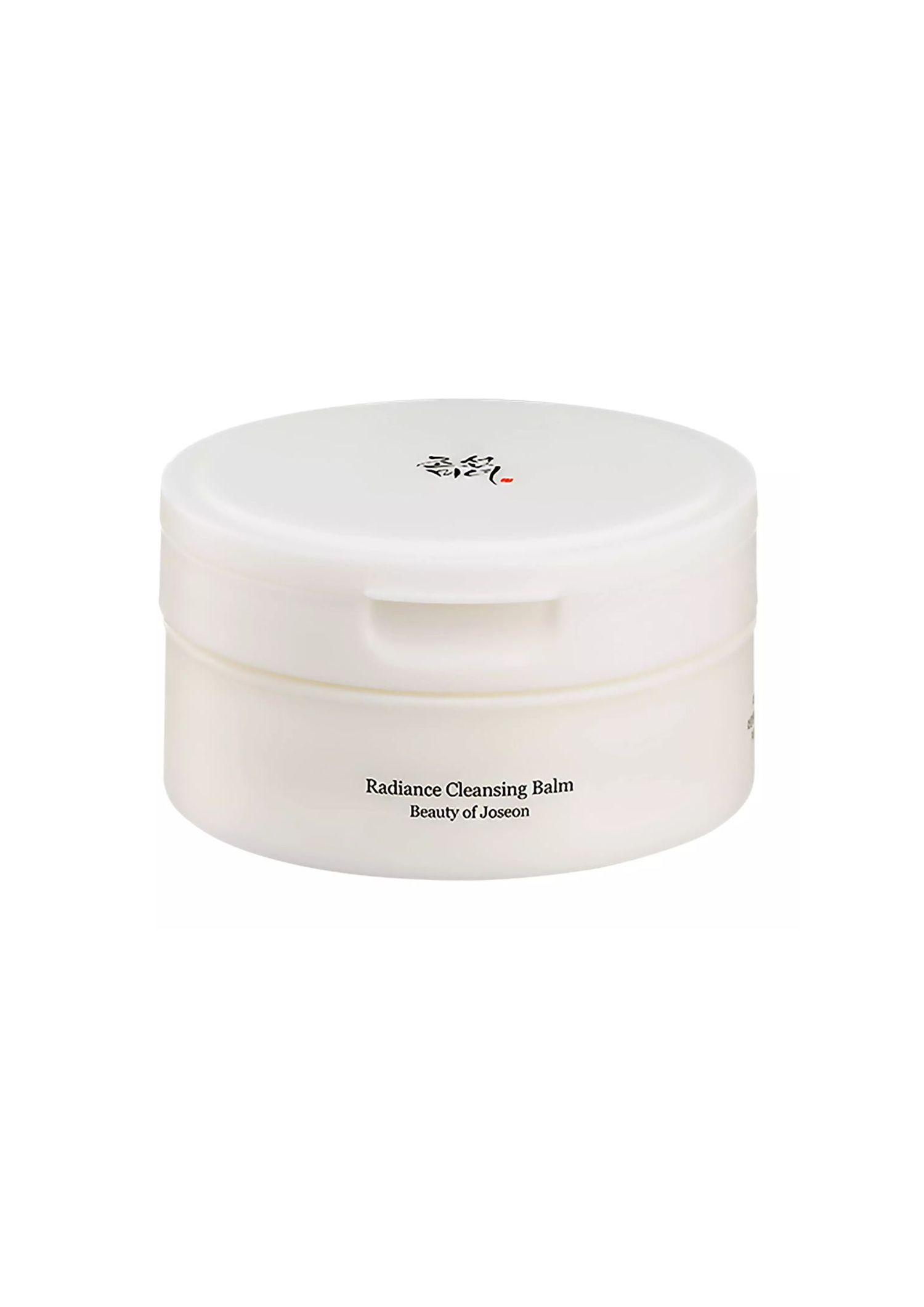With many still dutifully executing their 10-step morning skincare routines, it might come as a surprise that a growing number of experts believe there are benefits to skipping the AM cleanse. A hotly debated topic that's also made its rounds on social media, it’s time to uncover whether washing your face in the morning really is helping or harming your skin. Below, we speak to skincare specialists to find out
All products featured on Vogue are independently selected by our editors. However, when you buy something through our retail links, we may earn an affiliate commission.
Cleansing our faces is a crucial part of maintaining healthy, clean skin, and for many of us, this step happens by default morning and night. Much like breathing, we do it without a second thought. But should we really be washing our faces twice a day, or could that do more harm than good?
If your goal is a plump, glowing complexion, there may be such a thing as too much cleansing. In fact, a growing school of thought suggests skipping your morning cleanse to allow your skin to strengthen its protective moisture barrier, rather than stripping away essential oils and lipids. And it's not only that, but it maintains that the purpose of those hydrating serums and creams you drench your skin in after your morning cleanse is to reverse its dehydrating side effects. Over time, excessive cleansing could also lead to issues such as skin barrier dysfunction, breakouts, and redness.
Facialist Angela Caglia, who counts Danish supermodel Helena Christensen as a client, took to her Instagram stories to advise people to stop their AM cleanse if they wanted to see a noticeable difference in their skin. Cue, audible gasps from those who revel in complex 10-step skincare routines, including carefully choreographed double cleanses twice a day.
Caglia’s argument is that your skin produces natural lipids and oils overnight that we need to look younger, so why remove it all as soon as you wake up with washing your face? For her, the most important time to cleanse is at night in order to remove all the dirt, suncream, pollution and makeup that has accumulated during the day. And she's not alone in her approach.
Read on as experts weigh in on whether you should wash your face in the morning and the potential benefits of skipping your AM cleanse.

Photo: Photographed by Clara Balzary, Vogue, October 2018
Should you really wash your face in the morning?
The simple answer is no – at least according to some skin experts, who argue that if you’ve only been sleeping with a serum and night cream on your skin, there’s no need to wash your face in the morning and strip away all that goodness.
Many of the arguments against AM cleansing revolve around the skin barrier – the outermost layer that plays a vital role in locking in water and electrolytes into the skin to keep it looking dewy, while keeping irritants and pathogens out.
This surface layer is home to over one trillion bacteria, collectively known as the microbiome, which serves as the skin’s first line of defence. When the microbiome is disrupted, it loses its ability to ward off inflammation, breakouts, leading to dryness, itchiness, and increased sensitivity. Maintaining a healthy skin barrier is crucial, as it protects against external aggressors like pollution, harmful bacteria, and UV rays.
"Your skin's microbiome is its first layer of protection – everything that touches your skin touches the bacteria first," says Susanne Manasi, founder of Manasi 7, who is firmly in the no morning cleanse camp.
She is joined by Johanna Gillbro, a skin scientist, author of The Scandinavian Skincare Bible and founder of Skinome skincare, who not only considers washing your face in the morning unnecessary but potentially damaging to the skin. "Surfactants found in many cleaning products tend to negatively affect the skin barrier as they can also dissolve the endogenous lipids that form in the skin," says Gillbro.
A fan of more pared-back skincare routines, Gillbro adds that washing your face in the morning exposes the skin unnecessarily to yet more more perfumes, preservatives and anti-microbial ingredients.
The skin is smart, and during the night, it forms unique moisture-binding substances that are part of the skin barrier.
Johanna Gillbro, skin scientist, author and founder of Skinome
Manasi also calls out products, including cleansers, that contain harsh exfoliating acids or beads as they strip your skin's natural defence barrier. Something, incidentally, that the skin then spends the rest of the day trying to rebuild, which doesn't make much sense.
"You will then need to add the moisture back into the skin through your skincare products," she explains. "These don't contain the same ingredients your skin naturally produces but usually synthetic versions that it's unfamiliar with.” Hence, washing your face in the morning appears to do more harm than good. What's worth noting too, is that tap water can change the natural pH of the skin, causing it to skew more alkaline, which can lead to dryness. So if you suffer from dehydrated skin, limiting the amount of water you splash onto your face can help.

Photo: Felicity Ingram
The benefits of washing your face only in the evening
Your night-time cleanse is a crucial step in your daily skincare routine that mustn't be skipped in order to maintain a healthy and clean skin. Cleansers are designed to lift away the layer of excess oil, dirt, pollution, SPF, makeup and more that builds up on the skin's surface during the course of the day.
"It's true that these need to be removed from the skin," says Gillbro. "However, many people today over-cleanse and scientific studies show that there is a link between too much cleansing and some of the most widespread skin problems such as dry and sensitive skin or even rosacea."
"Only washing your face in the evening can make a big difference to your skin," Gillbro continues. "The skin is smart, and during the night, it forms unique moisture-binding substances that are part of the skin barrier. They make your skin soft, supple and contribute to better skin health." What's more, our skin also goes into repair mode overnight, so any serums and moisturisers to boost that activity will soak in better once when any pore-clogging roadblocks have been washed down the drain.
As ever, the cleanser you choose should be gentle. Caglia swears by oil cleansers as they are more effective at breaking down oil-based suncreams and makeup. Try her Neroli Cleansing Oil or Tromborg's Herbal Cleansing Oil, which is powered by organic argan oil. The Skinome Mineral Cleanser is also exceptionally mild, preservative-free and contains lipids as well as pre- and postbiotics.
Many people today over-cleanse and scientific studies show that there is a link between too much cleansing and some of the most widespread skin problems such as dry and sensitive skin or even rosacea.
Johanna Gillbro, skin scientist, author and founder of Skinome
When should you wash your face in the morning?
There are a couple of caveats to skipping the morning cleanse, especially if you have oily or acne prone skin, as bacteria can build up overnight. Dr. Anjali Mahto, a consultant dermatologist who herself suffers from adult acne, recommends only cleansing twice a day with a product that is targeted towards oily and acne-prone skin (she recommends Kate Somerville EradiKate Daily Foaming Cleanser with sulphur and oat extracts).
Another consideration is in case you are incorporating overnight skincare products that don't play nicely with the sun. Facial oils, which are made up of large molecules and are different in composition to the skin's natural oils, act as a barrier to suncream so will need to be removed. Retinol-based products will also make the skin more sensitive to UV rays, which is why dermatologists recommend a clean canvas and a fresh application of SPF in the morning.
Should you wash your face in the morning if you have dry skin?
While it’s recommended that those with acne-prone or oily skin keep a morning cleanse in their skincare routine, those with dry skin might benefit from skipping this step (though splashing your face in the morning with just water is fine). Dry skin types typically lack sufficient natural oils, and over-washing can further weaken the skin’s already fragile barrier. By not washing your face in the morning, you allow your skin to retain its natural moisture, especially if you’ve applied hydrating serums or creams the night before.
That said, if you’ve used potent ingredients like retinol or strong acids overnight, a gentle cleanse in the morning is advisable. This removes any residue that could potentially irritate your skin during the day. Additionally, if your skin feels greasy or sweaty upon waking, a light wash can help refresh and cleanse your face. For dry skin, always opt for a gentle, non-stripping cleanser, such as a balm or cream formula, and follow up with a nourishing moisturiser to lock in hydration.
Is it okay to wash your face with just water?
Whether water alone is sufficient to cleanse your skin depends on your skin type. However, for your evening routine, it is generally advised to use a cleanser - our experts recommend gentle, oil-based cleansers - to remove all the excess sebum, grime, pollutants, sunscreen, makeup, and other residues that accumulate on the skin throughout the day. Water alone might not effectively remove these impurities.
For your morning cleanse, simply splashing your face with water can be beneficial for some skin types, such as sensitive and dry skin. This approach can help avoid the irritation and dryness that can come from using certain cleansers. Washing with water can help preserve the skin's natural oils and maintain its moisture barrier, which is particularly beneficial after the skin has had time to repair and balance itself overnight.
Nevertheless, as noted above, those with oily or acne-prone skin might benefit from using a cleanser in the morning, as bacteria can build up overnight. If you're unsure of what routine is best for your skin, consult with a dermatologist to determine the best approach for your complexion.

